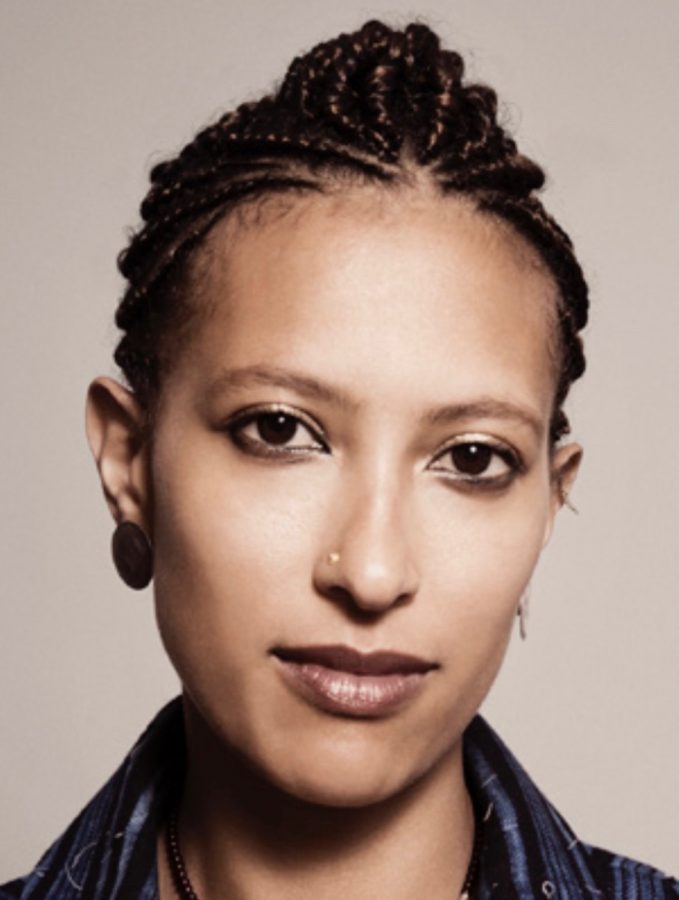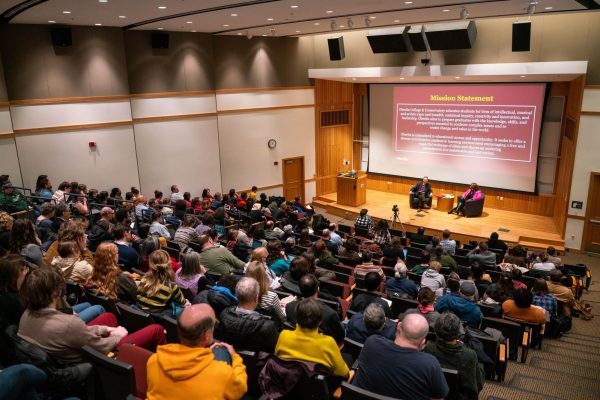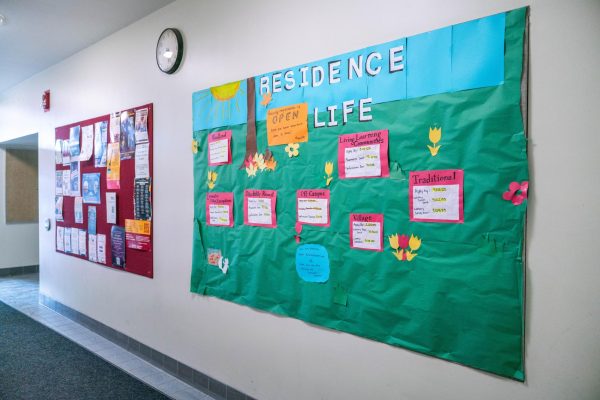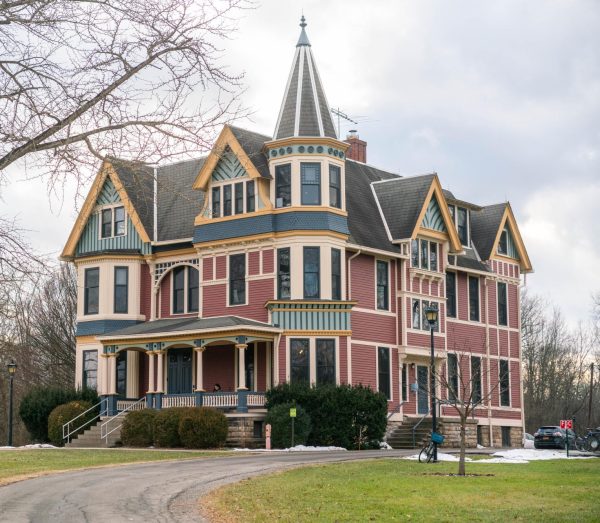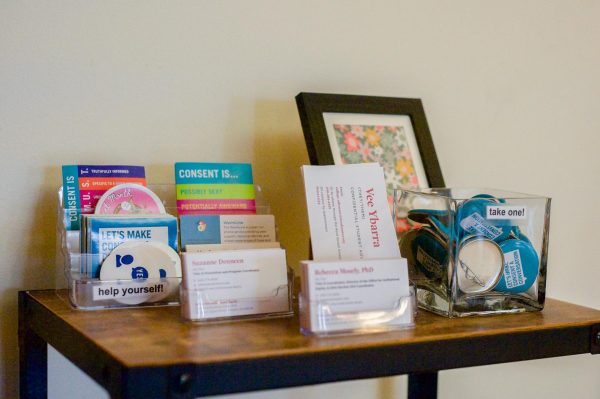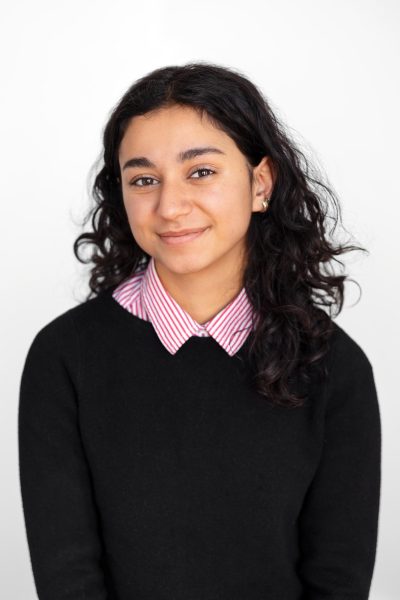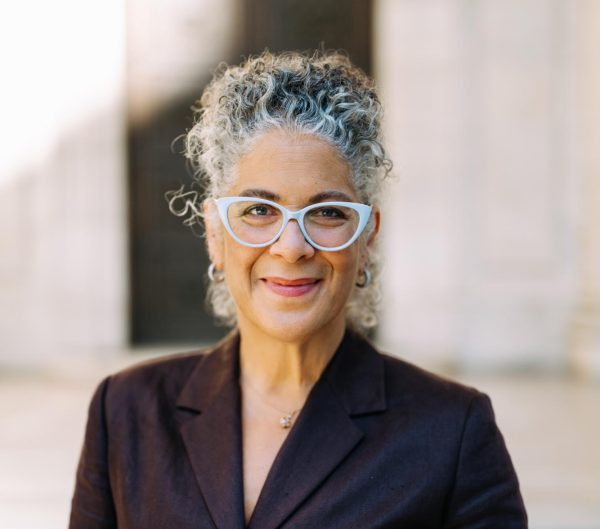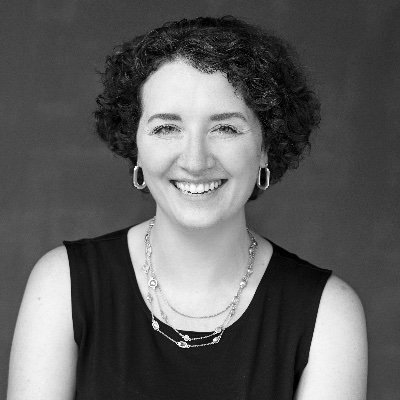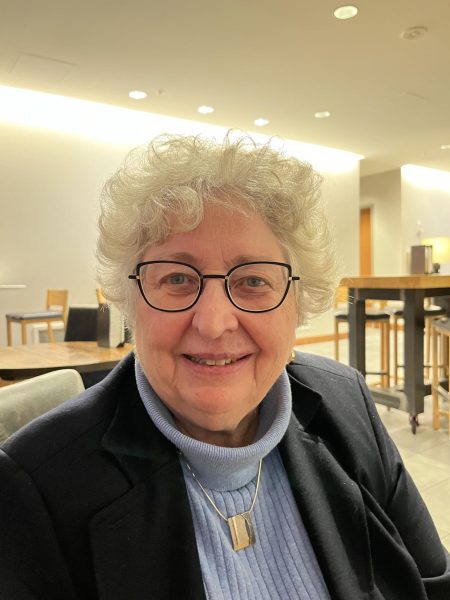Jessica Horn, Poet and Women’s Rights Advocate
Jessica Horn, African feminist, activist, and poet, was a keynote speaker at the Junior Practicum this past September.
Jessica Horn is the Women’s Rights Advisor and Director of Programs for African Women’s Development Fund and serves on the board of the Fund for Global Human Rights. Horn has spent over 20 years working in civil society and multilateral organizations to address women’s rights. She is also the author of multiple poetry collections and a founding member of the African Feminist Forum working group. Horn spoke with the Junior Practicum in September as the keynote speaker about the complex problem of gender equality.
This interview has been edited for length and clarity.
Can you tell me a bit about your background and how you became so engaged in gender equality issues and violence against women?
I grew up in a politically conscious household and was always in environments where people were part of liberation conversations. I spent the first years of my life in the Sotho, which at the time was one of the spaces for the anti-apartheid movement. I also spent time on university campuses because my father was a professor. And, so I was always around political debate and consciousness and fault. It’s always been part of my way of understanding and approaching the world. But I’ve always felt a very strong affinity to women and women’s space. I’ve always been a feminist, which is a funny thing to say, but even from when I was young, I always was concerned about what’s happening to girls’ or women’s lives. I was concerned about my friends’ mothers and the fact that everybody’s mother seemed to be so unhappy. That just kind of grew into studying and activism. I’ve always worked in women’s rights and I always will.
In the Junior Practicum you spoke about the power within and radical self-love. How do you practice power within? Does this relate to your poetry?
Activism can be quite an external practice, because you are constantly projecting yourself outward to stand in solidarity, put yourself on the line, and motivate other people to get involved in issues, in dialogues about big problems in the world. It starts to drain you because you’re not actually thinking about how it’s affecting you, where you stand in it, or how much you’re giving and whether or not you’re also doing things to replenish. I’ve found that as part of balancing the activist energy, it’s really vital to do things to regenerate your own spirit and your own emotional space.
The poetry arose because I love words. It was nurtured by my family environment because my father is a literature professor and my mother is quite a metaphorical person. My grandfather was a writer. … I have that passion for words and that’s what makes me a poet, but creativity has also been a way to find solace or expression or grounding and also to remember that the world is beautiful because one of the problems you often find with activist work — particularly if you’re engaging with very difficult issues — is that you can start feeling like the world is not so beautiful anymore. So you have to revive your hope. And ultimately it’s lots of things: the practice of coming to understand yourself, embrace yourself, and acknowledge your own contributions of who you are and what you bring to the world in your small way. But also as a practice around sustaining yourself as an activist and making sure that you don’t end up broken because the issues that you’re taking on become too heavy to bear.
When you said that the work is so much that sometimes there’s no time for poetry, I think a lot of it resonated with Oberlin students. Could you speak to that challenge, and do you have any advice for making sure these problems that demand so much of you do not consume all of you?
Yeah. The only way to do it is to … integrate the poetry into the work. You can try and sustain a creative practice. I think it’s about priorities. If you can try and find a way to make sure it exists in your life, and affirm that it is also a part of you that feeds you. But like I said, … our work needs to become more poetic and creative. This is something that is not just romanticism, even in the corporate sector now, people are realizing that if you just try to work people like machines, they don’t really come to much. And there’s quite a lot of tech companies that allow people to pursue their passions or bring the creative process into the workspace, even on company time, because they realize that people need to be able to think about questions from different perspectives.
It’s also time to revalidate and reembrace the value of creativity to all work and to make more space and time for it. And I feel like your generation can do that. Your generation is questioning a lot of the respectability politics, the idea that somehow creativity is less serious. Lead the way, show us how to do it.
As someone who works in the Non-Governmental Organization and nonprofit sector, which is rooted in formal institutions that you called visible power, how do you see your work also disrupting the other types of power you talked about?
The one thing to embrace is the idea that humans create institutions, and so they do not have to be oppressive. We make the choice to make or sustain them as oppressive, but they don’t have to be.
I have a close friend and mentor, Hope Chigudu, [who is] feminist organizational development coach and consultant from Uganda. And she talks about the need for us to build organizations with a soul. We often think of them as mechanical waves like machines, but organizations are actually organisms. They’re living things and they’re populated by living beings. And so we have to think about the soul of those organisms. They can be souls that nourish rather than hurt, that bring together rather than divide, that create space for different people. I spent a lot of my time working in philanthropy, which means having some decision-making power about resources. That’s activist work, if you make it activist work. I have been able to fund groundbreaking LGBTQ+ work, space for sex workers, including young feminists in conversations, work around disability, all kinds of things. We also need to think about what strategic use we can make of the institutions that we’re in. That’s the way that we break down some of those other issues around the invisible power and all of that. It’s a choice that we can make to use these institutions in the interest of liberation, but it has to be an active choice.
Are there ever points where you feel very discouraged, coming up against roadblocks? What keeps you going and what fuels you?
For me, I always just stay plugged into activism, by which I mean activities and politics that are about challenging power. I am a professional that works in organizations, but I’m also a movement activist, and I maintain those relationships regardless of where I’m working. That for me is the thing: you have to stay connected to the source of your politics, to the communities that you love and to the hearts of the work that you’re trying to do. And if you do that, then you won’t lose hope, and it’s just really important to stay connected.
Recently, in the U.S., there has been a lot of concern about the pandemic reversing progress for women’s participation in the workforce. I wondered if you could speak to an African feminist perspective about the kinds of challenges or opportunities for women the pandemic is creating?
Obviously, it’s created challenges, but for me it has been a massive opportunity to underscore the absolute failure to recognize women’s care labor, often unpaid. Also the failure to recognize the fact that women largely occupy precarious work. Women are the majority of people who are day laborers, who work literally to feed themselves that day.
The informal sector — where there’s no guaranteed job, you’re doing your own hustle, working without a contract — it’s incredibly vulnerable to changes in that environment and economic circumstance. In the public sector, regarding women’s care work, women are the majority of nurses. A quarter of all doctors in Africa are women. So there’s also that additional exposure.
The other thing the pandemic has exposed is the fact that home is not a safe space. With sheltering at home, domestic violence rates increased exponentially. And, young girls who were in boarding school who ended up having to go back somewhere also experienced increased rates of child abuse. All of those things are terrible, but at the same time, they also mean that we finally have policy attention.
People are finally recognizing that this is an issue, so it’s an advocacy opportunity. I was part of the group that basically created the African feminist statement on post-COVID-19 economic recovery. It’s really a vision of the economies that we need, which includes a real understanding of economic and social protection mechanisms.
I know that in the U.S. that’s always a debate because it’s so ideological, [it’s] considered to be communist. (Laughs) Helping your people, that’s considered communist, but in African environments and everywhere else in the world it’s a normal conversation. One of the things the state is supposed to do is support you when you’re down. That’s one of the issues we have in the social contract, right? We let the state run our lives in exchange for making sure that our lives have some degree of protection. That’s really crucial. And, many people are not covered by economic and social protection policies at all. So how do you make sure that those also extend to people whose work isn’t formally recognized, but who still need support? I see it as an opportunity, even though there has been so much precarity and deepening inequality created. It’s also shone a very, very bright light, and really proven the point that people were hesitant to accept.


